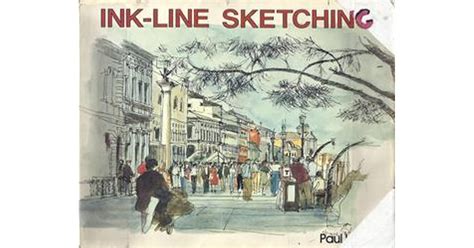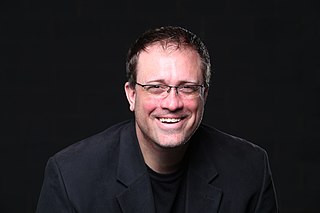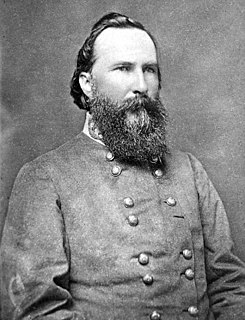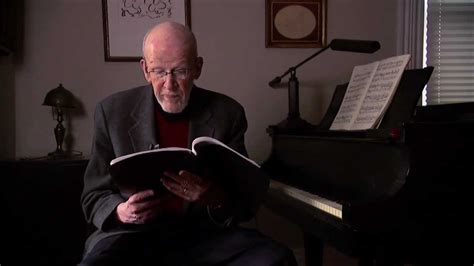Цитата Синди Кроуфорд
Как всегда говорила моя мама: «Лучше морщины улыбки, чем морщины хмурого взгляда».
Связанные цитаты
[Барак] Обама может подводить черту для себя и своей страны, а не для других стран. У нас есть свои красные линии, как наш суверенитет, наша независимость, а если вы хотите поговорить о мировых красных линиях, то США использовали обедненный уран в Ираке, Израиль использовал белый фосфор в Газе, и никто ничего не сказал. А как же красные линии? Мы не видим красных линий. Это политические красные линии.
Те из нас, кто вырос в современных городах, склонны замечать горизонтальные и вертикальные линии быстрее, чем линии в других ориентациях. Напротив, люди, выросшие в кочевых племенах, лучше справляются с замечанием линий, перекошенных под промежуточными углами, поскольку Мать-природа имеет тенденцию работать с более широким набором линий, чем большинство архитекторов.
Итак, вы считаете, что лучший способ подготовить детей к жизни в реальном мире — это отвезти их в государственное учреждение, где они вынуждены проводить весь день в изоляции с детьми своего возраста и взрослыми, которым платят за то, чтобы они были с ними, помещенными в классы. которые слишком велики, чтобы позволить личное общение с учителем более чем на несколько минут, а затем проводить, вероятно, час или более каждый день в очереди за обедом, в машине, в туалете, в очереди на перемену, в очереди в классе, и вынуждены прогрессировать в скорость самого медленного ребенка в классе?
Я пришел к разрушению объема с помощью плоскости. Этого я добился с помощью линий, пересекающих плоскости. Но все же самолет остался слишком цел. Так что я пришел к тому, чтобы делать только линии и привносить цвет в линии. Теперь единственная проблема заключалась в том, чтобы разрушить эти линии также путем взаимных противодействий.
Меня всегда - как преподавателя, как аспиранта, как студента, и, думаю, действительно, как ребенка - интересовали стихи, но не столько за то, что там заработная плата, сколько за то, что вы можно подводить итоги в моральных или интеллектуальных терминах или в чем-то еще, но что в определенных строках и как строки связаны с другими строками.
Практикуйте свою импровизацию больше, чем учите свои реплики. Потому что ты не сможешь выучить все эти реплики за короткое время. Вы должны понять, что вы знаете и что вы не знаете, а что вы не знаете, просто придумайте три чередующиеся строки или импровизацию, которые вы можете вставить в это место.
В этот век меня не волнует, насколько вы гениальны в тактическом или оперативном отношении, если вы не можете создать гармонию — даже порочную гармонию — на поле боя, основанную на доверии между служебными линиями, коалиционными и национальными линиями, а также между гражданскими и военными линиями, вам нужно идти домой, потому что ваше лидерство устарело. У нас должны быть офицеры, способные создать гармонию во всех этих направлениях.
Люди, не являющиеся лидерами, автоматически тяготеют к линиям — ограничениям, установленным другими. Многих учат этому в детском саду, когда их просят оставаться в пределах линий во время раскрашивания. Но лидеры более изобретательны. Они ищут варианты и возможности. Они пытаются двигаться в новом направлении или выходят за пределы. Прогресс и инновации делаются людьми, которые мыслят без границ.










































